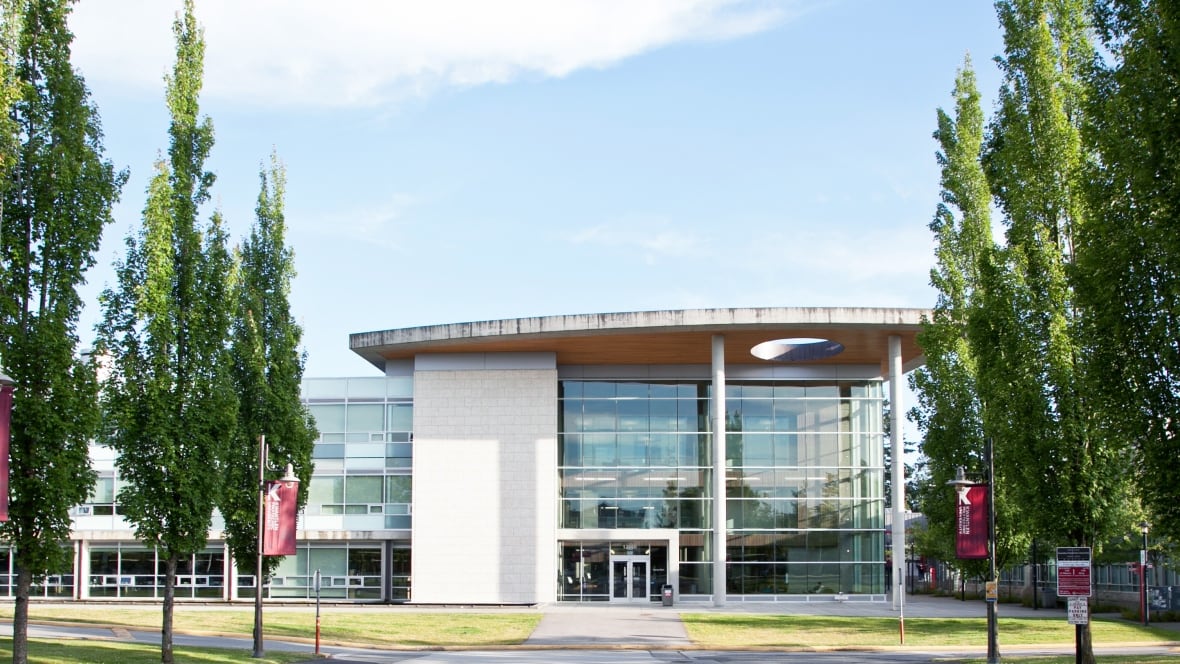Education
B.C. Post-Secondary Institutions Face Major Layoffs Amid Policy Changes

Post-secondary institutions in British Columbia are experiencing significant layoffs due to new government policies that have drastically reduced international student enrolment. Schools such as Langara College and Kwantlen Polytechnic University (KPU) are among those grappling with financial challenges stemming from these changes. Faculty associations are raising alarms, asserting that the current situation represents “the biggest crisis in post-secondary ever.”
According to Frank Cosco, president of the Vancouver Community College (VCC) Faculty Association, the impact of these layoffs cannot be overstated. “This is a real frustration,” he stated on Thursday. “It hasn’t been recognized as such. What is going to replace the international student income, which colleges have depended on?”
By early 2026, VCC plans to cut more than two dozen faculty positions as part of its response to the changing landscape. Although the school has not confirmed the exact number, negotiations with staff are ongoing. In an internal memo, KPU disclosed plans to eliminate approximately 45 positions by March 2026, following the recent termination of 20 vacant roles. The institution has also issued notices to eight instructors in its Melville School of Business, a program popular with international students.
In a similar vein, Langara College has confirmed the elimination of 69 positions after witnessing a decline of 2,400 international students compared to the previous fall. Dr. Paula Burns, president and CEO of Langara College, expressed the emotional weight of these decisions, stating, “It’s not just about roles — it’s about colleagues and friends who have given so much to our community, and saying goodbye is incredibly hard.”
Government Policies Impacting Enrolment
The wave of layoffs correlates with announcements made by the federal government in January 2024. The government revealed plans to reduce the number of international student permits issued by 35 percent over two years. This decision aims to address the ongoing housing crisis in Canada and tackle reported abuses in the international student sector.
In July 2024, the British Columbia government also imposed a cap on international student enrolment, limiting public post-secondary institutions to accepting no more than 30 percent of their total enrolment from international students. This cap is being monitored to ensure compliance across the province’s educational institutions. Faculty associations argue that while policy reforms may be necessary, the financial burden should not fall on schools that had previously been encouraged to pursue international student recruitment as a revenue source.
“The provincial and federal governments created this situation through their own policies,” stated the Vancouver Community College Faculty Association on its website, where it is advocating for a series of interventions to mitigate these impacts.
Responses from Officials and Student Impact
In response to the situation, Jessie Sunner, B.C.’s minister of post-secondary education and future skills, acknowledged the significant financial pressures faced by institutions. She commented that these challenges stem from various factors outside the control of the schools. Sunner assured that her ministry is closely monitoring the situation and maintaining communication with institutions such as KPU.
“Our ministry will continue to work closely with the institution as it seeks to return to a more stable financial footing,” she stated, emphasizing the government’s commitment to helping post-secondary institutions manage their operations and budgets during these financially challenging times.
The repercussions of these layoffs extend to students as well. Cole Reinbold from the B.C. Federation of Students noted that many students are experiencing delays in graduation due to restricted course offerings. “I have many friends who have had to delay their graduation by one year or two years because of restricted course offerings,” she explained. “So what that does is it increases the total cost of getting a degree by tens of thousands of dollars.”
As British Columbia’s post-secondary landscape continues to shift, the full impact of these layoffs and policy changes remains to be seen, raising concerns about the future of education in the province and the potential long-term effects on both faculty and students.
-

 Science3 months ago
Science3 months agoToyoake City Proposes Daily Two-Hour Smartphone Use Limit
-

 Top Stories3 months ago
Top Stories3 months agoPedestrian Fatally Injured in Esquimalt Collision on August 14
-

 Health3 months ago
Health3 months agoB.C. Review Reveals Urgent Need for Rare-Disease Drug Reforms
-

 Technology3 months ago
Technology3 months agoDark Adventure Game “Bye Sweet Carole” Set for October Release
-

 World3 months ago
World3 months agoJimmy Lai’s Defense Challenges Charges Under National Security Law
-

 Lifestyle3 months ago
Lifestyle3 months agoVictoria’s Pop-Up Shop Shines Light on B.C.’s Wolf Cull
-

 Technology3 months ago
Technology3 months agoKonami Revives Iconic Metal Gear Solid Delta Ahead of Release
-

 Technology3 months ago
Technology3 months agoApple Expands Self-Service Repair Program to Canada
-

 Technology3 months ago
Technology3 months agoSnapmaker U1 Color 3D Printer Redefines Speed and Sustainability
-

 Technology3 months ago
Technology3 months agoAION Folding Knife: Redefining EDC Design with Premium Materials
-

 Business3 months ago
Business3 months agoGordon Murray Automotive Unveils S1 LM and Le Mans GTR at Monterey
-

 Technology3 months ago
Technology3 months agoSolve Today’s Wordle Challenge: Hints and Answer for August 19









